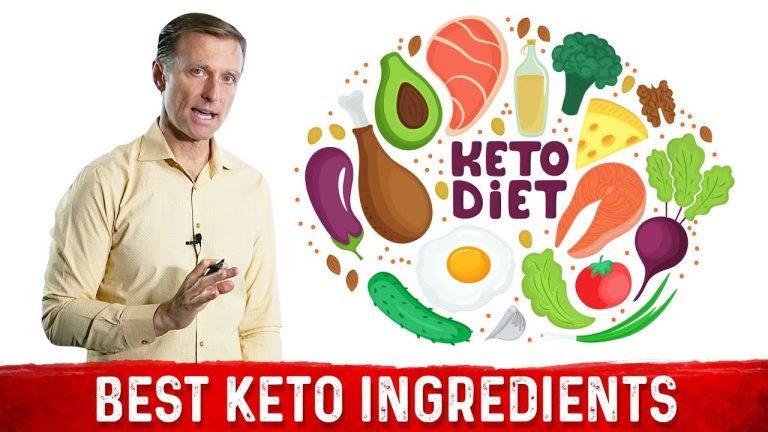The ketogenic diet, also known as the “keto diet”, is a low-carb, high-fat diet that has become increasingly popular in recent years. This diet was originally developed in the 1920s as a treatment for epilepsy, but has since been found to have many other health benefits, including weight loss and improved heart health. In this post, we’ll take a closer look at what the keto diet is, how it works, and how you can start following it today.
What is the Keto Diet?:
The keto diet is a high-fat, low-carb diet that forces your body to burn fat for fuel instead of carbohydrates. When you eat a lot of carbohydrates, your body produces glucose, which it uses for energy. However, when you reduce your carbohydrate intake and increase your fat intake, your body enters a state of ketosis, in which it begins to burn fat for energy instead of glucose. This is why the keto diet is sometimes referred to as a “fat-burning” diet.
How Does the Keto Diet Work?:
The keto diet works by forcing your body into a state of ketosis. To enter ketosis, you need to limit your carbohydrate intake to less than 50 grams per day and increase your fat intake to at least 70% of your daily calories. This shift in your macronutrient balance causes your liver to produce ketones, which your body uses for energy instead of glucose. As your body continues to burn fat for fuel, you will begin to lose weight and see improved health markers.
Benefits of the Keto Diet:
There are many benefits to following the keto diet, including:
- Weight loss: One of the main benefits of the keto diet is weight loss. Because your body is burning fat for fuel, you will naturally lose weight as you reduce your body fat stores.
- Improved heart health: The keto diet has been shown to improve heart health by reducing cholesterol levels and reducing the risk of heart disease.
- Increased energy: Many people report increased energy levels on the keto diet, as their body is using fat for fuel instead of glucose.
- Improved mental clarity: Some people report improved mental clarity and focus on the keto diet, as the brain is fuelled by ketones instead of glucose.
How to Start the Keto Diet:
Starting the keto diet is relatively easy, and you can start seeing results within just a few weeks. To get started, simply follow these steps:
- Reduce your carbohydrate intake: Limit your carbohydrate intake to less than 50 grams per day, and increase your fat intake to at least 70% of your daily calories.
- Eat high-fat foods: Focus on eating foods high in healthy fats, such as avocados, nuts, seeds, and oils.
- Track your progress: Use a food journal or app to track your progress and ensure that you are staying within your macronutrient goals.
In conclusion, the keto diet is a low-carb, high-fat diet that has many health benefits, including weight loss and improved heart health. If you’re looking to start a new diet, or if you’re simply looking to improve your health, the keto diet is definitely worth considering.
What people don't know about keto diet:
Some misconceptions about the keto diet include:
- It's a high protein diet: The keto diet is actually a high-fat diet, with moderate protein intake. Too much protein can kick you out of ketosis, so it's important to limit your protein intake and focus on getting most of your calories from fat.
- Keto is an easy diet: While the diet itself is simple, sticking to it can be difficult, especially if you have a sweet tooth or if you're used to eating a lot of carbohydrates. It may also take time to adjust to the dietary changes and to find keto-friendly foods that you enjoy eating.
- Keto is only for short-term weight loss: The keto diet can be a healthy and sustainable way of eating for the long term, as long as it's followed in a balanced and nutritious way. However, it may not be suitable for everyone, especially for those with certain medical conditions such as liver or kidney disease.
- Keto is a low-calorie diet: Although you may consume fewer calories on the keto diet, the focus is on consuming healthy fats, not on restricting calorie intake. As long as you're eating enough food to support your energy needs, the calorie restriction should not be a concern.
- Keto is dangerous: The keto diet can be safe for most people when followed correctly, but it's important to talk to a doctor or a registered dietitian before starting the diet, especially if you have any health concerns or medical conditions.
In summary, it's important to understand the potential benefits and drawbacks of the keto diet, and to seek professional guidance before starting this or any other diet.



